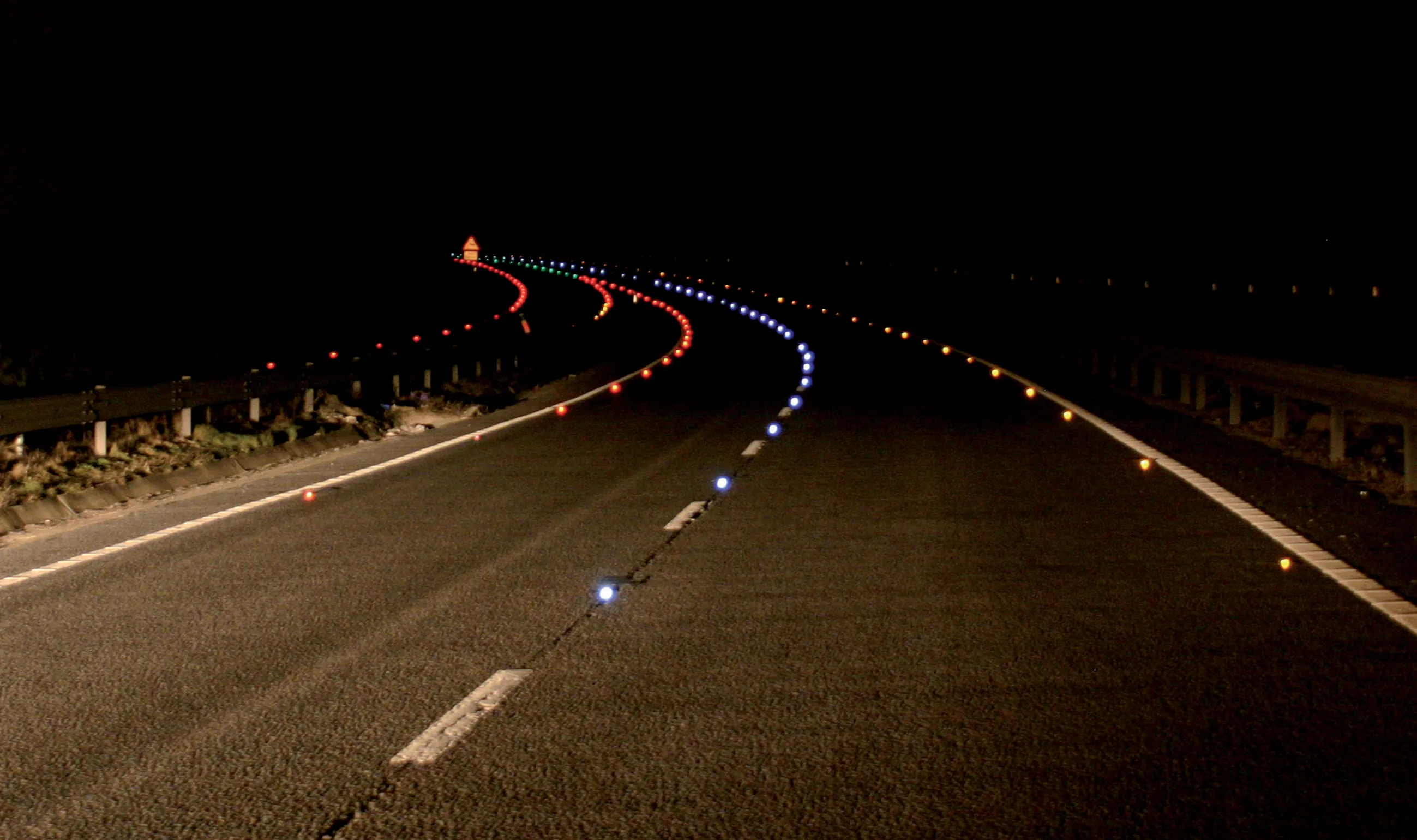Questions are being asked in the Netherlands following the news that twin road tunnels planned to form part of the new 7km stretch of the A4 highway between Delft and Schiedam will not meet EU safety regulations.
The Dutch Commission for Tunnel Safety says that the link, which has a total of eight lanes, will not meet the EU regulations, which were toughened after a series of tunnel disasters in Austria and Switzerland.
Instead the commission wants four tunnels to be built, each for two lanes of traffic,
May 15, 2012
Read time: 2 mins
Questions are being asked in the Netherlands following the news that twin road tunnels planned to form part of the new 7km stretch of the A4 highway between Delft and Schiedam will not meet EU safety regulations.
The Dutch Commission for Tunnel Safety says that the link, which has a total of eight lanes, will not meet the EU regulations, which were toughened after a series of tunnel disasters in Austria and Switzerland.
Instead the commission wants four tunnels to be built, each for two lanes of traffic, as this will allow travellers to have better escape routes in an emergency.
But the Dutch department for infrastructure maintenance, Rijkswaterstaat, says that this will be considerably more expensive to build while there is also a limitation on space. In addition Rijkswaterstaat believes that four tunnels would suffer more traffic congestion. The safety regulations are now being reviewed before the approval to build the twin tunnels can be given.
In a further development additional emergency lanes have been requested for other sections of the A4 highway.
Meanwhile, a huge investment in highway construction during 2011 will see the Netherlands building 210km of new sections including additional lanes on the A1, A9, A27 and A28 highways as well as an extension to the A15 between Maasvlakte and Vaanplein. There are also plans to widen the highways between Schiphol, Amsterdam and Almere.
By the end of 2010 the country will have carried out some 325km of highway work, the most carried out in the country over a 12 month period.
The Dutch Commission for Tunnel Safety says that the link, which has a total of eight lanes, will not meet the EU regulations, which were toughened after a series of tunnel disasters in Austria and Switzerland.
Instead the commission wants four tunnels to be built, each for two lanes of traffic, as this will allow travellers to have better escape routes in an emergency.
But the Dutch department for infrastructure maintenance, Rijkswaterstaat, says that this will be considerably more expensive to build while there is also a limitation on space. In addition Rijkswaterstaat believes that four tunnels would suffer more traffic congestion. The safety regulations are now being reviewed before the approval to build the twin tunnels can be given.
In a further development additional emergency lanes have been requested for other sections of the A4 highway.
Meanwhile, a huge investment in highway construction during 2011 will see the Netherlands building 210km of new sections including additional lanes on the A1, A9, A27 and A28 highways as well as an extension to the A15 between Maasvlakte and Vaanplein. There are also plans to widen the highways between Schiphol, Amsterdam and Almere.
By the end of 2010 the country will have carried out some 325km of highway work, the most carried out in the country over a 12 month period.







